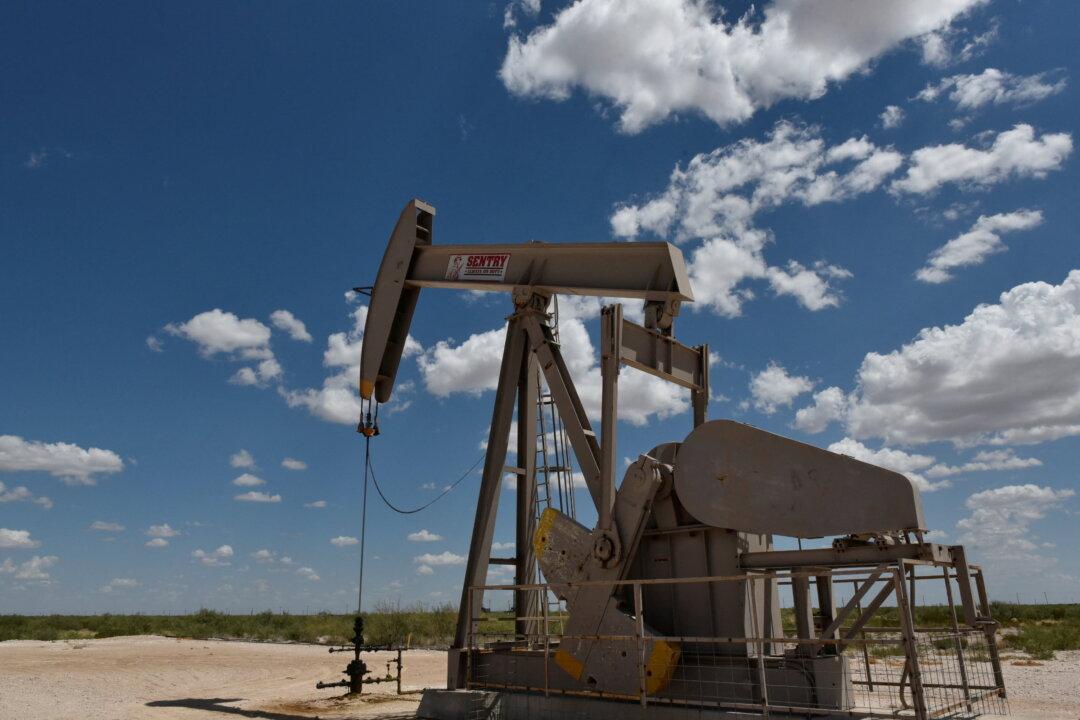LONDON—Oil prices rose slightly on Wednesday amid plenty of caution as bullish signals like falling U.S. crude stocks and a generally undersupplied market were countered by bearish factors such as uncertain Chinese demand growth and falling gas prices.
Brent crude futures for December settlement rose 60 cents, or 0.7 percent, to $90.63 a barrel by 0913 GMT. Earlier in the session, Brent hit a low of $89.32.





